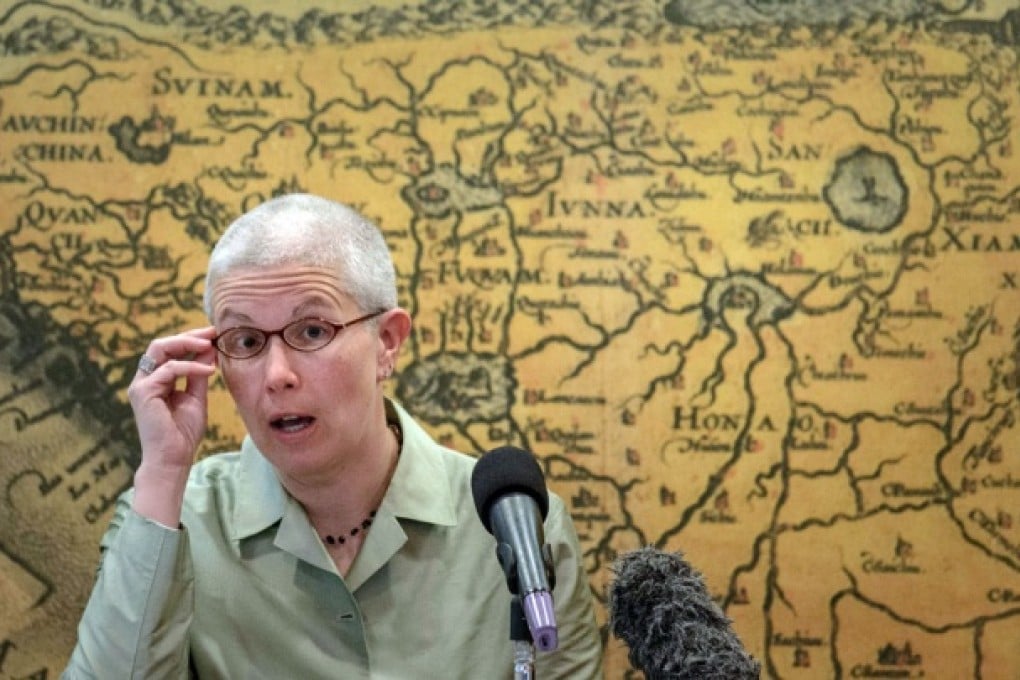Groups decry blitz on mainland Chinese anti-graft activists
Detention of 15 raises doubts about the new leadership's commitment to fighting corruption

More than a dozen anti-corruption activists in Beijing and Jiangxi province have been detained in the past two months after participating in or organising demonstrations calling for government officials to publicly disclose their assets, a number of human rights groups said in a joint statement issued yesterday.
The China Human Rights Lawyers Concern Group, Committee to Support Chinese Lawyers, Front Line Defenders, Human Rights Watch and Independent Chinese PEN called on the central government to release the detainees and drop all charges against them. They said the detentions cast doubt on President Xi Jinping's commitment to cracking down on government corruption.
Since May 7, 10 of the 15 activists detained had been formally arrested, indicating they were likely to be prosecuted and convicted, the right groups said. The charges against the 15 include illegal assembly, inciting subversion of state power, disturbing social order and extortion. The crime of inciting subversion carries a maximum penalty of 15 years in prison, while the other crimes have maximum penalties of five years in prison.
Nine activists in Beijing and one in Jiangxi have been formally arrested. Four other activists in Jiangxi remain in custody but have yet to be charged and one activist in Beijing is out on bail.
"When President Xi Jinping calls for a tough response to corruption, it's hailed as innovative policy, but when ordinary people say the same in public, his government regards it as subversion," Sophie Richardson, China director at Human Rights Watch, said.
Xi's elevation to Communist Party general secretary in November had raised hopes for political reform, spurring many activists across the mainland to push officials to disclose their wealth. More than 7,000 mainland activists, scholars, lawyers and businessmen have signed a petition calling for such disclosure launched late last year.